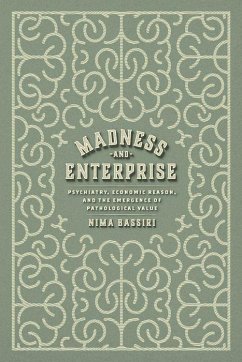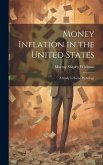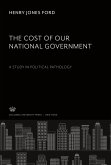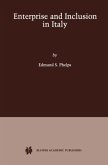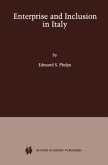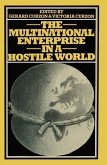"This book explores the economic norms embedded within psychiatric thinking about mental illness in the North Atlantic world. Over the course of the nineteenth century, the concept of madness was subjected to an economically saturated style of psychiatric reasoning. Psychiatrists across Western Europe and the United States attributed financial and even moral value to an array of pathological conditions, such that some mental disorders were seen as financial assets and others as economic liabilities. By turning to economic conduct and asking whether patients, such as eccentrics, appeared capable of managing their financial affairs and money, psychiatrists could often circumvent uncertainties about a person's psychiatric health. What we learn is how in psychiatry an economic lens was used to reveal mental illness and uncover the hidden economic value of pathology itself. The psychiatric turn to economic reasoning signaled a transformation of the very idea of value in the modern North Atlantic. For the differences between the most common forms of social valuation-moral value, medical value, and economic value-were flattened and rendered equivalent and interchangeable. If what was good and what was healthy was increasingly conflated with what was remunerative (and vice versa), then a conceptual space opened through which madness itself could be converted into an economic form and subsequently redeemed, and even revered"--
Bitte wählen Sie Ihr Anliegen aus.
Rechnungen
Retourenschein anfordern
Bestellstatus
Storno

